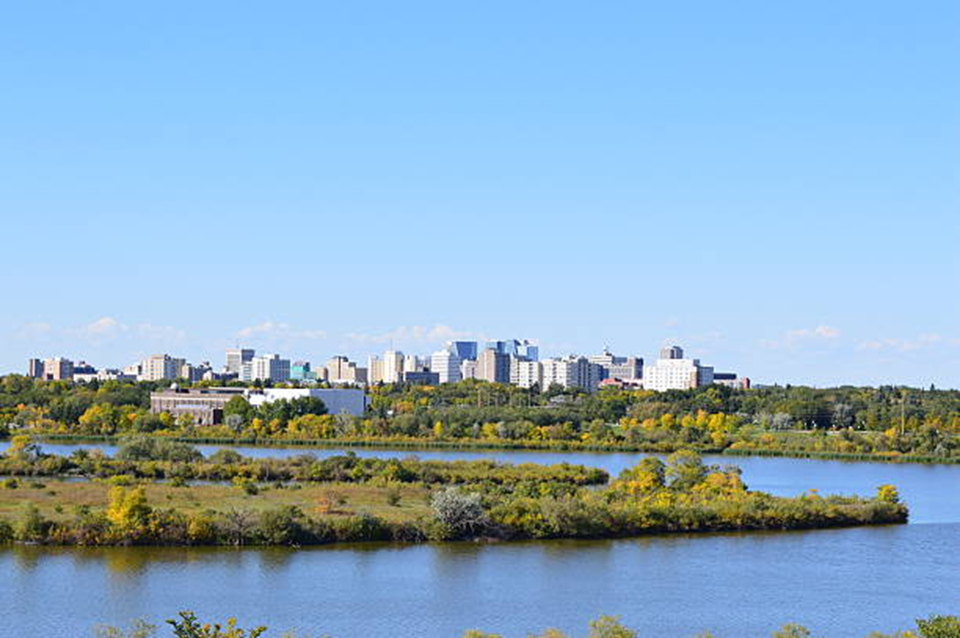REGINA — The City of Regina is falling behind on its energy and sustainability framework (ESF).
Approved in 2022 by council, the ESF is a guide for future energy, emissions and sustainability-related decisions. Through the ESF, the city hopes to obtain net-zero emissions by 2050.
However, a report presented to Wednesday’s executive committee meeting outlined that the city is currently on track to miss its target of reducing greenhouse gas (GHG) emissions by 52 percent by 2030.
In 2024, the city targeted producing 158,863 GHG emissions, but overshot that target by over 20,000 GHG emissions.
Climate change advocates took notice of this, pleading with the city and other levels of government to take action now.
“I feel like the adults of this world aren’t taking this as seriously as they need to be,” said Kiké Dueck, who started getting emotional over the future the world is headed toward with the lack of action to fight climate change.
“I don’t want turmoil in my future. I want to define my own future.”
Dueck said the next generation should have the same opportunities as the current generation has.
A survey done by the University of Regina (U of R) also showed two-thirds of those surveyed supported 100 per cent renewable energy by 2050.
Of 453 people surveyed, roughly 66 per cent supported the initiative.
There are several areas in which the city is behind in meeting its ESF.
This includes all existing buildings adding rooftop solar power, achieving a 10 per cent reduction in water/wastewater consumption through behaviour change, 100 per cent of new light-duty, ICI-use vehicles purchased are electric by 2030, and more.
”To meet the interim 2030 emissions target, 22 of the 31 actions (or 71 per cent) needed to start immediately in 2022, and another 5 (16 per cent) were to initiate planning stages in 2023. Only 4 (13 per cent) were sequenced for planning initiation beyond 2025,” the report said.
While the city has focused on bundling and prioritizing actions, which helps consider the emission action taken by a decision. Realistically, “limited financial resources pose a significant challenge to the City’s ability to advance the ESF,” the report mentioned.
These limited financial resources have led to the city recommending the option of 49 new diesel buses between 2027-2030 as opposed to electric buses.
Purchasing 49 new diesel buses, operational cost and maintenance would cost the city over $100 million less compared to electric buses
To ensure GHG emissions targets are met, the city has outlined several steps, “such as deep energy retrofits in municipal buildings, significant increases in renewable energy procurement or generation, or transitioning to a zero-emission fleet.”
City administration mentioned applying for the green municipal fund in support of developing a green home financing program, but hasn’t heard back on receiving a grant yet.
The city is also working with stakeholders on building a roadway regarding Tier 2 national building code as the as the minimum energy efficient standard for homes and small buildings in Regina.
Tier 2 represents a 10 per cent energy-performance improvement over Tier 1.
Brett Dolter, associate professor in the department of economics at the U of R, hopes the city will start giving a complete analysis of any given policy.
“We should think about the benefits [of reducing GHG emissions]. So what are the health benefits of making sure there's clean air at these bus stops? What are the climate benefits of avoiding the damage that's caused by burning diesel.”
The city plans to bring back an update on the ESF in 2026.




